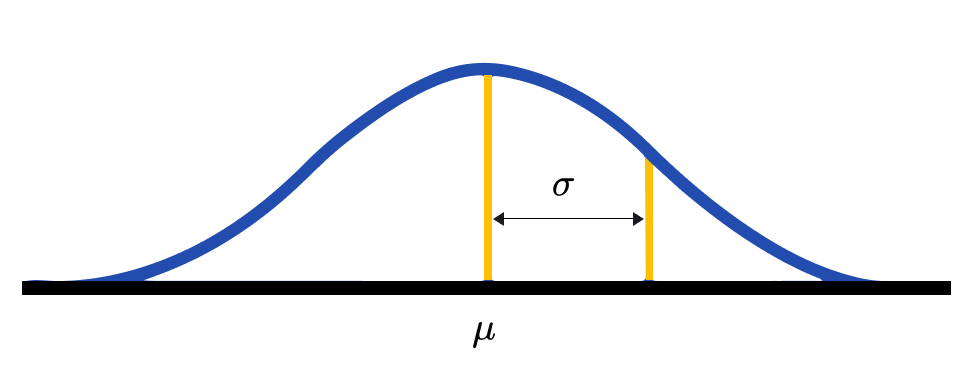What is standard deviation?
Standard deviation is a measurement of market volatility. Learn how investors use standard deviation in the MoneySense Glossary.
Advertisement
Standard deviation is a measurement of market volatility. Learn how investors use standard deviation in the MoneySense Glossary.
Standard deviation (σ) is an investing metric used to measure the variation of data points around the mean (average) of a data set. When data points are clustered closely around the mean, standard deviation is low. When data points are more spread out, standard deviation is high.
Investors use standard deviation as a way to gauge how widely investment returns have varied historically. It influences how they see the risk involved with an investment.


Many investors use standard deviation as a risk measure for stocks, exchange-traded funds (ETFs), mutual funds and other investments. The standard deviation of the investment returns over a period of time measures how widely results fluctuated.
For instance, imagine you’ve achieved the following results in the past six months:
| January | 2.2% |
| February | 3.8% |
| March | 2.5% |
| April | -3.5% |
| May | 5.0% |
| June | 2.5% |
| Mean (average) | 2.1% |
The formula for standard deviation is:

Where:
xi is the return for one data point, in this case, one month’s return;
is the arithmetical mean, or average, of all the returns;
N is the number of data points, six in this case.
You can use a spreadsheet or online calculator to do the math. For this portfolio, the result is 2.7%. In other words, in the past six months, returns have varied just under 3% up or down from their mean value (2.1%).
Some people may be comfortable with this level of fluctuation, while others may decide to add or reduce risk. Whatever the case, the decision will be based on data, rather than a gut feeling.
Example: “Signy wanted to buy a low-volatility Canadian equity exchange-traded fund (ETF). As part of her research, she looked at data on standard deviation for ETFs at Morningstar.ca.”
Share this article Share on Facebook Share on Twitter Share on Linkedin Share on Reddit Share on Email